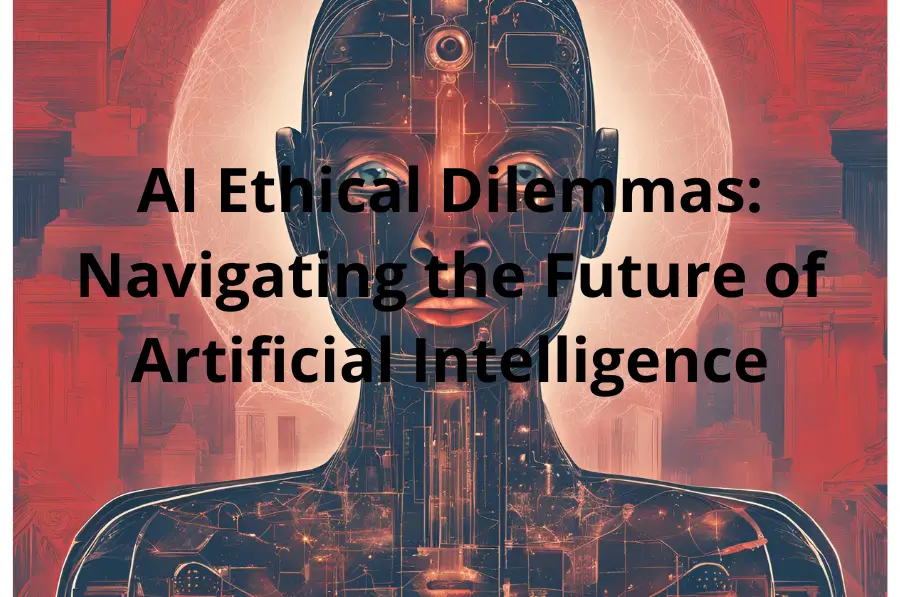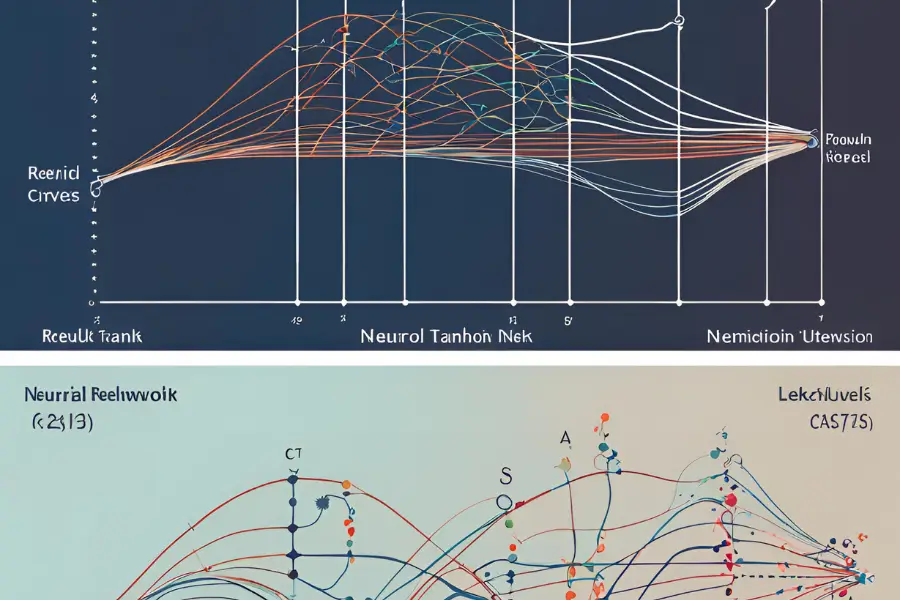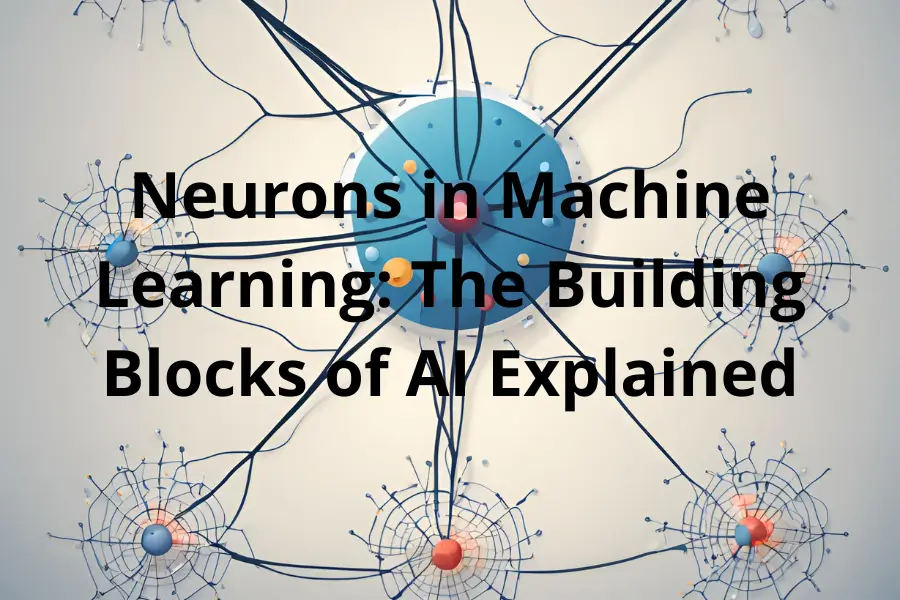
In the rapidly evolving landscape of technology, artificial intelligence (AI) stands at the forefront of innovation, promising to revolutionize industries and reshape our daily lives. However, as we hurtle towards this AI-driven future, we find ourselves grappling with a myriad of AI ethical dilemmas that demand our immediate attention and thoughtful consideration.
The Double-Edged Sword of AI Advancement
AI’s potential to enhance efficiency, accuracy, and decision-making across various sectors is undeniable. From healthcare diagnostics to financial forecasting, AI algorithms are pushing the boundaries of what’s possible. Nevertheless, this remarkable progress comes with a significant caveat: the ethical implications of AI are as profound as its capabilities.
Consider the case of COMPAS (Correctional Offender Management Profiling for Alternative Sanctions), an AI system used in the U.S. justice system to assess the likelihood of recidivism. While intended to provide objective risk assessments, studies have revealed inherent algorithmic bias, disproportionately labeling African American defendants as high-risk compared to their Caucasian counterparts. This real-world example underscores the critical need for addressing bias in AI systems and highlights the broader issue of AI accountability.
The Ethical Minefield: Key Challenges
As we navigate the complex terrain of AI ethics, several core challenges emerge:
Algorithmic Bias and Fairness
The COMPAS case is just the tip of the iceberg when it comes to algorithmic bias. From facial recognition systems struggling to accurately identify people of color to AI-powered hiring tools potentially discriminating against certain demographics, the issue of bias in AI is pervasive and multifaceted.
To combat this, developers and organizations must prioritize diverse and representative datasets in machine learning ethics. Moreover, implementing rigorous testing protocols to identify and mitigate bias is crucial for responsible AI development.
Privacy and Data Ethics
In an era where data is often called the “new oil,” the ethical use and protection of personal information have never been more critical. AI systems’ voracious appetite for data raises significant concerns about privacy infringement and data misuse.
The Cambridge Analytica scandal, which involved the harvesting of millions of Facebook users’ data without consent for political advertising, serves as a stark reminder of the potential for AI-driven data exploitation. This incident underscores the urgent need for robust data ethics frameworks and stringent AI governance measures to safeguard individual privacy.
Transparency and Explainability
As AI systems become increasingly complex, the “black box” nature of their decision-making processes poses a significant ethical challenge. The lack of AI transparency can lead to unaccountable decisions with far-reaching consequences.
For instance, in healthcare, AI-powered diagnostic tools show immense promise. However, if a system recommends a treatment without providing a clear explanation, it puts both healthcare providers and patients in a precarious position. This scenario highlights the importance of developing explainable AI (XAI) techniques to ensure that AI decision-making processes are interpretable and accountable.
Job Displacement and Economic Impact
While AI promises to boost productivity and create new job categories, it also threatens to displace millions of workers across various industries. This potential for widespread job loss raises ethical questions about the responsible development and deployment of AI technologies.
A study by the McKinsey Global Institute estimates that by 2030, up to 800 million jobs could be lost to automation. This staggering figure underscores the ethical imperative to manage AI’s economic impact through policies that support worker retraining, education, and potentially even concepts like universal basic income.
Read more about AI in Healthcare in your previous article
Ethical AI in Practice: A Roadmap for Developers and Organizations
To address these AI ethical dilemmas, developers and organizations must adopt a proactive approach:
- Implement Ethical AI Frameworks: Develop and adhere to comprehensive ethical guidelines that prioritize fairness, transparency, and accountability in AI systems.
- Diverse Teams and Perspectives: Ensure that AI development teams are diverse and include ethicists, sociologists, and experts from various cultural backgrounds to bring multifaceted perspectives to ethical considerations.
- Continuous Monitoring and Auditing: Regularly assess AI systems for bias, privacy concerns, and other ethical issues throughout their lifecycle.
- Stakeholder Engagement: Involve end-users, affected communities, and other stakeholders in the AI development process to ensure that diverse needs and concerns are addressed.
- Invest in AI Education: Foster a culture of ethical awareness by providing ongoing education on AI ethics for developers, decision-makers, and users.
The Global Perspective on AI Ethics
It’s crucial to recognize that AI ethical dilemmas are not confined by national borders. Different cultures and regions may have varying perspectives on privacy, fairness, and the role of AI in society. For instance, the European Union’s General Data Protection Regulation (GDPR) sets stringent standards for data protection and AI use, while countries like China are pursuing AI development with different priorities and ethical considerations.
This diversity of approaches highlights the need for global dialogue and cooperation in establishing international norms and standards for ethical AI development.
Looking Ahead: The Future of AI Ethics
As we stand on the cusp of an AI-driven future, the ethical implications of AI will only grow more complex and far-reaching. From the potential development of artificial general intelligence (AGI) to the integration of AI in critical infrastructure, the ethical challenges we face today are just the beginning.
To navigate this future successfully, we must foster a culture of responsible innovation that places ethical considerations at the heart of AI development. This involves not only technological solutions but also legal frameworks, educational initiatives, and ongoing public discourse about the role of AI in our society.
In conclusion, addressing AI ethical dilemmas is not just a technical challenge—it’s a societal imperative. As we harness the power of AI to shape our future, we must ensure that this future is one that aligns with our values, respects human rights, and promotes the well-being of all.
Call to Action: What’s Your Role?
As we conclude this exploration of AI ethical dilemmas, it’s crucial to recognize that every individual has a role to play in shaping the ethical landscape of AI. Whether you’re a developer, policymaker, or end-user, your choices and actions contribute to the broader narrative of AI ethics.
Ask yourself:
- How can you promote awareness of AI ethical issues in your personal and professional circles?
- What steps can you take to ensure that the AI systems you use or develop are ethical and responsible?
- How can you contribute to the ongoing dialogue about AI ethics in your community or industry?
By engaging with these questions and taking active steps towards ethical AI practices, we can collectively navigate the challenges and opportunities that lie ahead in the AI-driven future.
FAQs:
Q: What are the ethical issues with AI?
A: Key ethical issues include algorithmic bias, privacy concerns, lack of transparency in decision-making, job displacement, and the potential misuse of AI technologies for surveillance or manipulation.
Q: What are the ethical issues of AI in 2024?
A: In 2024, prominent ethical issues include the responsible use of generative AI, ensuring fairness in AI-driven decision systems, addressing AI’s environmental impact, and managing the societal implications of increased AI automation.
Q: What are the ethical issues of AI monitoring?
A: Ethical issues in AI monitoring include privacy infringement, potential for surveillance abuse, data security concerns, and the risk of creating a “chilling effect” on personal freedoms and behaviors.
Q: What are the ethical concerns of generative AI?
A: Ethical concerns of generative AI include copyright and intellectual property issues, the potential for creating and spreading misinformation, deepfake technologies, and the impact on creative industries and job markets.




